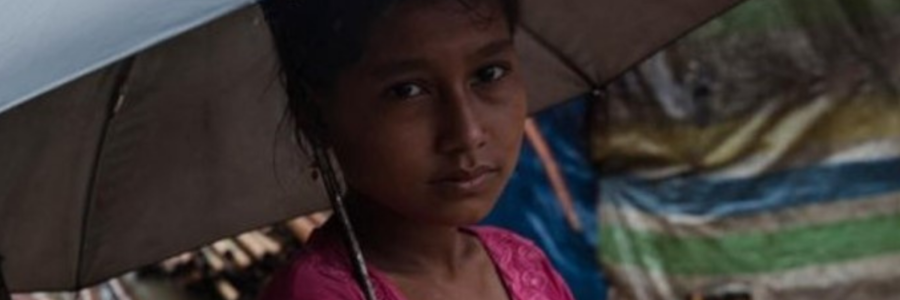BY CINDY HSIAO
As the world approaches the 70th anniversary of the 1951 Refugee Convention, the number of forcibly displaced people remains concerningly high. At the end of 2019, 79.5 million people were recorded to be forcibly displaced, almost double the 41.1 million recorded in 2010. It is therefore more urgent than ever that the world works together to enable refugees and displaced people to recover and flourish.
In view of this, APC organised our first-ever dialogue focused on refugees and people of concern for APC members and guests engaged in philanthropic work with refugees. We invited Aurvasi Patel, United Nations High Commissioner for Refugees (UNHCR) Head of Protection Service for the Asia Bureau and the Pacific to share the latest updates, challenges and opportunities surrounding refugee situations across the world, with a particular focus on Asia.
11% of people of concern to the UNHCR are in the Asia Pacific region, with the Rohingya refugee emergency, one of the largest and fastest-growing refugee crises in decades, continuing to contribute to increased displacement. In addition to the almost one million Rohingya refugees already in countries such as Bangladesh, Malaysia and Thailand; the recent civil unrest and conflict in Myanmar is creating a new wave of displacement, with an estimated total of 175,000 internally displaced persons within Myanmar since February 2021. Whilst most countries in Southeast Asia respect the principle of non-refoulement, the region faces major challenges such as limited options for durable solutions and protracted displacement.
However, positive developments are occurring in countries in the region. For example, Thailand has made a formal commitment to end detention of refugee and asylum seeker children. There have also been discussions around creative solutions to resettlement, where skilled refugees can help to meet known gaps in resettlement countries. These offer glimmers of hope for forcibly displaced people in the region and stakeholders working tirelessly with these communities.
Whilst our region has a monumental task ahead to build a better future with and for forcibly displaced people, Aurvasi identified a few key regional priorities such as formalising temporary stay arrangements in countries; improving access to education, healthcare and legal employment; and building the capacity of government officials. The immensity of the work makes partnerships crucial; philanthropic actors in particular can play a valuable role in not only financially supporting NGOs serving refugee communities but also in helping as many people as possible understand the importance of protection of refugees.
This high-level briefing sparked much discussion amongst members and guests. Drawing on their experience working with refugee communities in areas such as education and advocacy, members shared and discussed topics ranging from education, impact of COVID-19, access to work, to the role of the private sector and collaboration.
And whilst the (virtual) room recognised that finding durable solutions takes time, there was a common drive to work towards bettering conditions for and with forcibly displaced people – daughters, sons, sisters, brothers, who like everyone have their own hopes and dreams, to recover and thrive.

